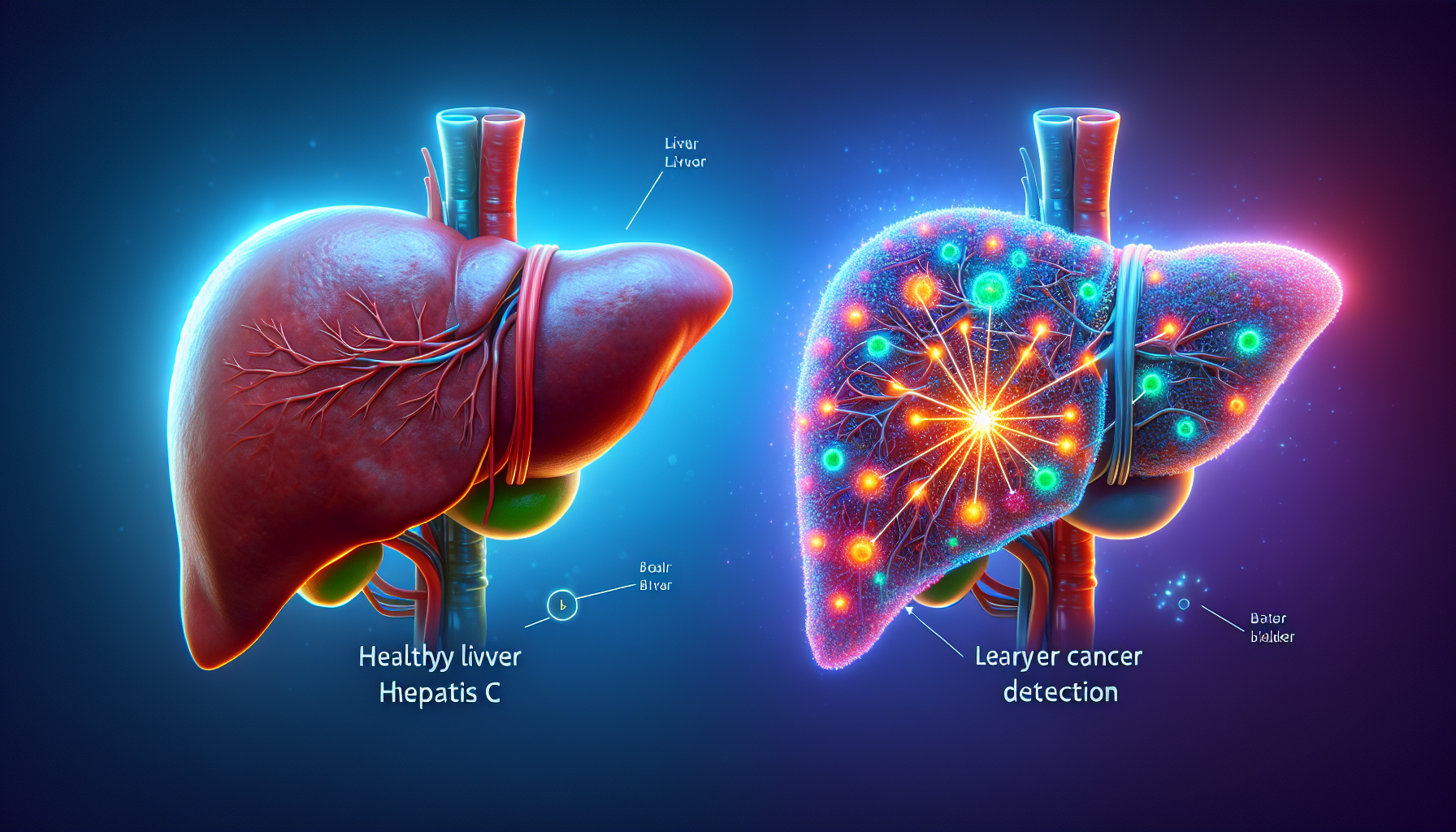Promising New Therapy Combination Shows Advances in Liver Disease Treatment
Key Takeaways
- The combination of OCA and bezafibrate shows significant promise in normalizing biomarkers in PBC
- Two-thirds of patients experienced biochemical remission from the combination therapy
- Further Phase 3 trials are underway to optimize therapeutic doses and formulations
Did You Know?
Introduction to the New Therapy
In a recent announcement made at the European Association for the Study of the Liver (EASL) Congress 2024, Intercept Pharmaceuticals revealed new findings from their ongoing research on a combination treatment for primary biliary cholangitis (PBC). The study evaluated the effects of obeticholic acid (OCA) combined with bezafibrate after six months of treatment, showing promising results.
Study Overview
The Phase 2 study, identified as 747-213, was designed to explore the efficacy of combining OCA and bezafibrate in patients suffering from PBC. This study is part of Intercept’s broader effort to discover additive clinical benefits for treating this rare liver disease. Conducted among a pool of diverse patients, it focused on determining the biochemical response after a six-month period.
Key Findings
During the six-month period, patients receiving the combination therapy of OCA and bezafibrate exhibited substantial normalization of several serum biomarkers. Such biomarkers are integral in predicting transplant-free and decompensation-free survival rates among PBC patients. In essence, these biochemical changes signify a reduction in disease progression and related complications.
Expert Insights
Professor David Jones from Newcastle University highlighted that the combination therapy marks a significant milestone in PBC treatments. According to him, the normalization of multiple biomarkers in the majority of patients suggests a potential new standard for efficacy in PBC therapeutic development.
Patient Outcomes
The study showed that over two-thirds of the participants experienced significant biochemical remission. These responses were noted to be higher than the existing benchmark normalization rates, suggesting that the OCA and bezafibrate combo could redefine the clinical outcomes for PBC patients.
Extended Research and Dosage Optimization
Post the initial 12-week study period, adjustments in dosage were made to ensure the long-term safety and efficacy of the treatment. The findings underscored the potential benefits of the optimized dosage of OCA alongside 400 mg of bezafibrate.
Prognostic Tools and Efficacy Assessment
The combination therapy not only improved the biochemical markers but also had a positive impact on the GLOBE and UK-PBC scores, which are tools used to predict long-term outcomes for PBC patients. This indicated a brighter outlook for individuals receiving the therapy.
Safety and Side Effects
Throughout the study, the adverse effects were generally balanced across all patient groups. The notable side effects, such as pruritus, were managed and did not overshadow the benefits of the therapy.
Continuation to Phase 3
Given the promising results from the Phase 2 study, Intercept Pharmaceuticals is moving forward with two Phase 3 trials. These trials will further investigate the optimal therapeutic doses and formulations to maximize the clinical benefits while ensuring patient safety.
About Primary Biliary Cholangitis (PBC)
PBC is a chronic autoimmune disease affecting the bile ducts in the liver, primarily affecting women over 40. Untreated, it can lead to severe liver damage, necessitating a transplant or even leading to death. The new combination therapy could be a transformative option for patients with this condition, offering hope for better management and outcomes.
Conclusion
Intercept Pharmaceuticals’ innovative approach using the combination of OCA and bezafibrate is paving the way for new treatment standards in PBC. Their continued research and the positive data from Phase 2 instill hope for effective long-term management of this challenging liver disease.
References
- EASL Congress 2024https://www.easl.eu/easl-congress-2024
- Clinical Trial NCT04594694https://clinicaltrials.gov/ct2/show/NCT04594694
- Clinical Trial NCT05239468https://clinicaltrials.gov/ct2/show/NCT05239468






